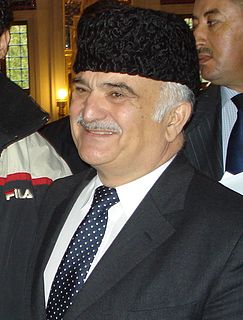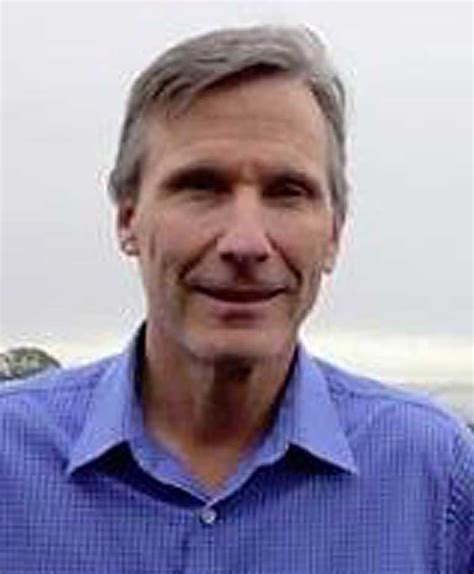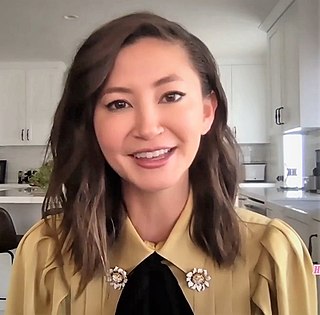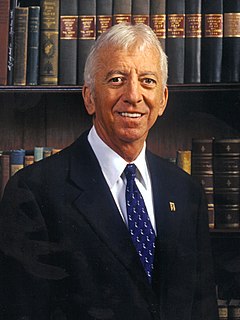A Quote by Dalai Lama
Differences in religious beliefs, politics, social status, and position are all secondary. When we look at someone with compassion, we are able to see beyond these secondary differences and connect to the primary essence that binds all humans together as one.
Related Quotes
Everyone wants to be happy; happiness is a right. And while on a secondary level differences exist of nationality, faith, family background, social status and so on, more important is that on a human level we are the same. None of us wants to face problems, and yet we create them by stressing our differences. If we see each other just as fellow human beings, there'll be no basis for fighting or conflict between us.
In my platoon, we came from different parts of the country, with different backgrounds, different religious beliefs, different political beliefs—and yet we all put those differences aside. Fundamentally, I believe that’s what the American people expect of Congress as well. We all ought to be able to come together in Washington and do what’s best for our America.
Jesus didn't come to earth to establish a new religion. He came to restore a broken relationship. He came to make the primary, primary again. The secondary activity of obedience to the law of God was always intended to serve the primary activity: to love God and enjoy Him forever. When that is primary, the secondary becomes a labor of love, a joyful, and "easy" burden to bear. (Matthew 11:28-30
Many flagship state universities have wonderful digital libraries that are accessed by people around the world. In future, if not current, budget crises, trustees, board members, and administrators may wonder why these state institutions - with an articulated primary clientele of students, faculty, and staff members and a secondary clientele of all citizens of the state - should be spending resources on a digital library that is used by many people beyond the primary and secondary service populations.
Is it not possible to look beyond the canes, the wheelchairs, the braces, and the crutches into the hearts of the people who have need of these aids? They are human beings and want only to be treated as ordinary people. They may appear different, move awkwardly, and speak haltingly, but they have the same feelings. ... They want to be loved for what they are inside, without any prejudice for their impairment. Can there not be more tolerance for differences-differences in capacity, differences in body and in mind?
Throughout history, religious differences have divided men and women from their neighbors and have served as justification for some of humankind's bloodiest conflicts. In the modern world, it has become clear that people of all religions must bridge these differences and work together, to ensure our survival and realize the vision of peace that all faiths share.
America is big enough to accommodate differences of opinion and practice on religious and social beliefs. As a nation and as a society, we must reject discrimination, forcefully and without asterisks. Most importantly, as president, I will zealously defend the Constitution of the United States and all of its amendments.








































